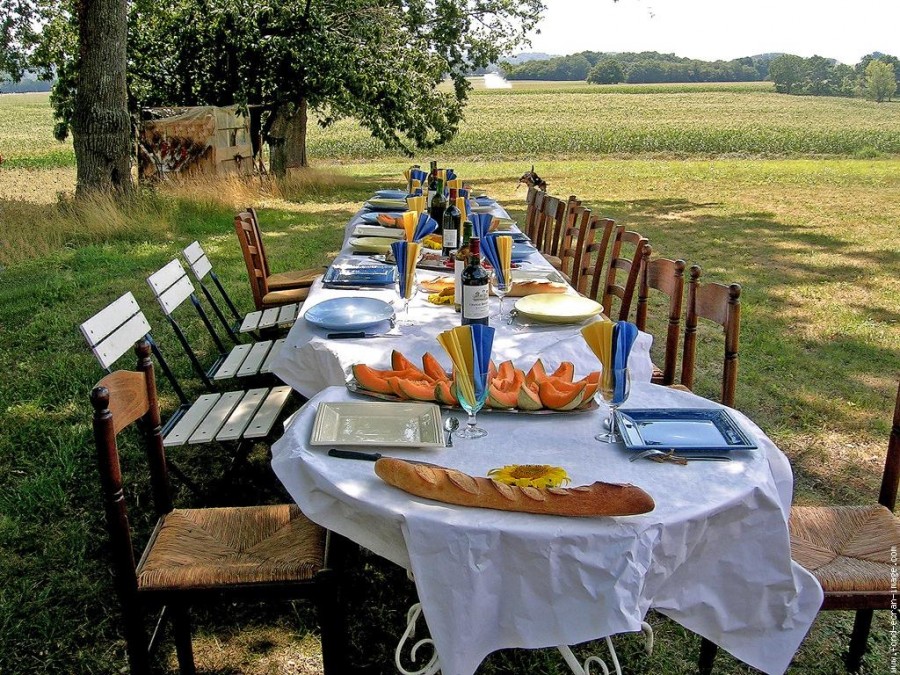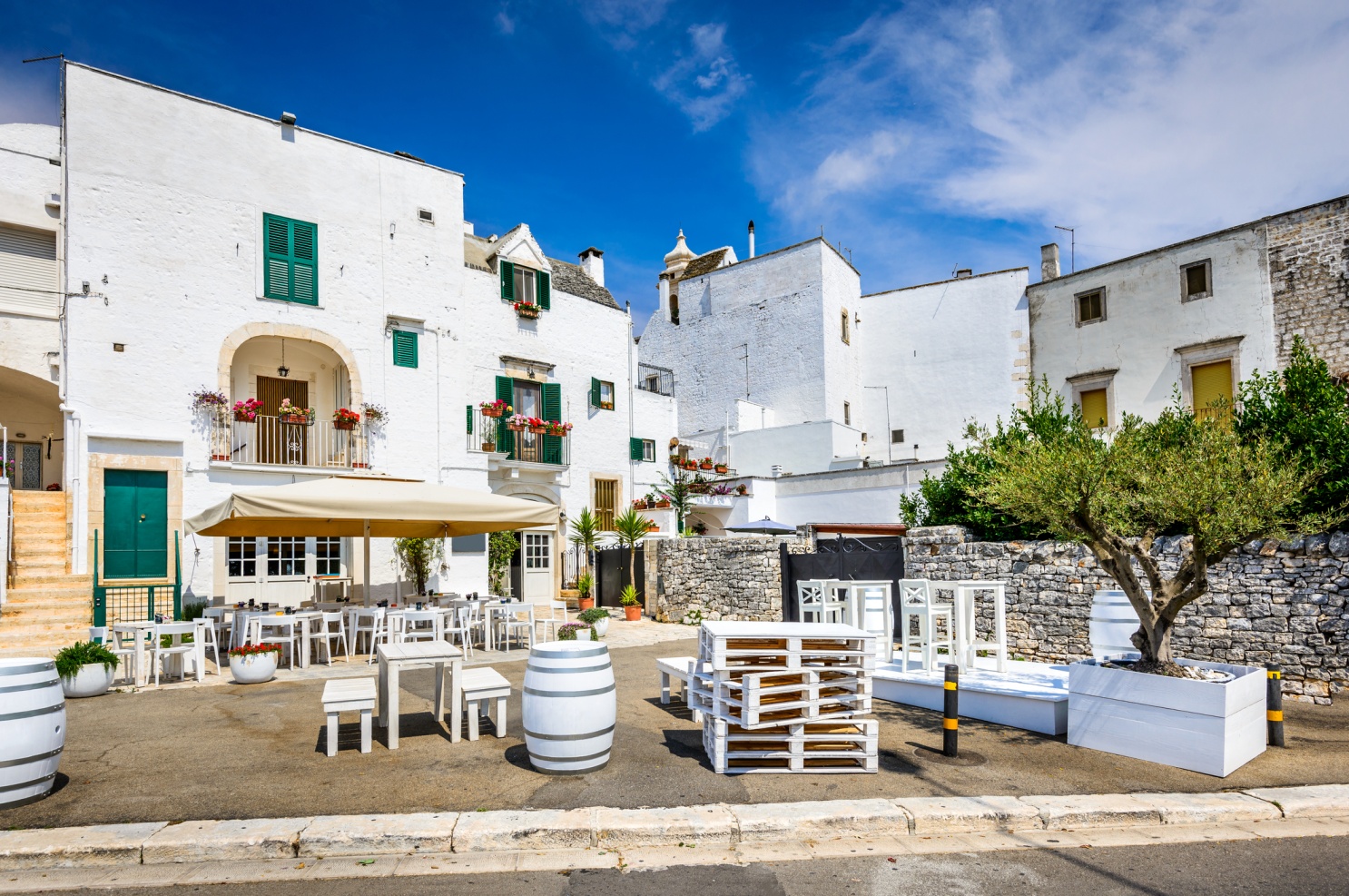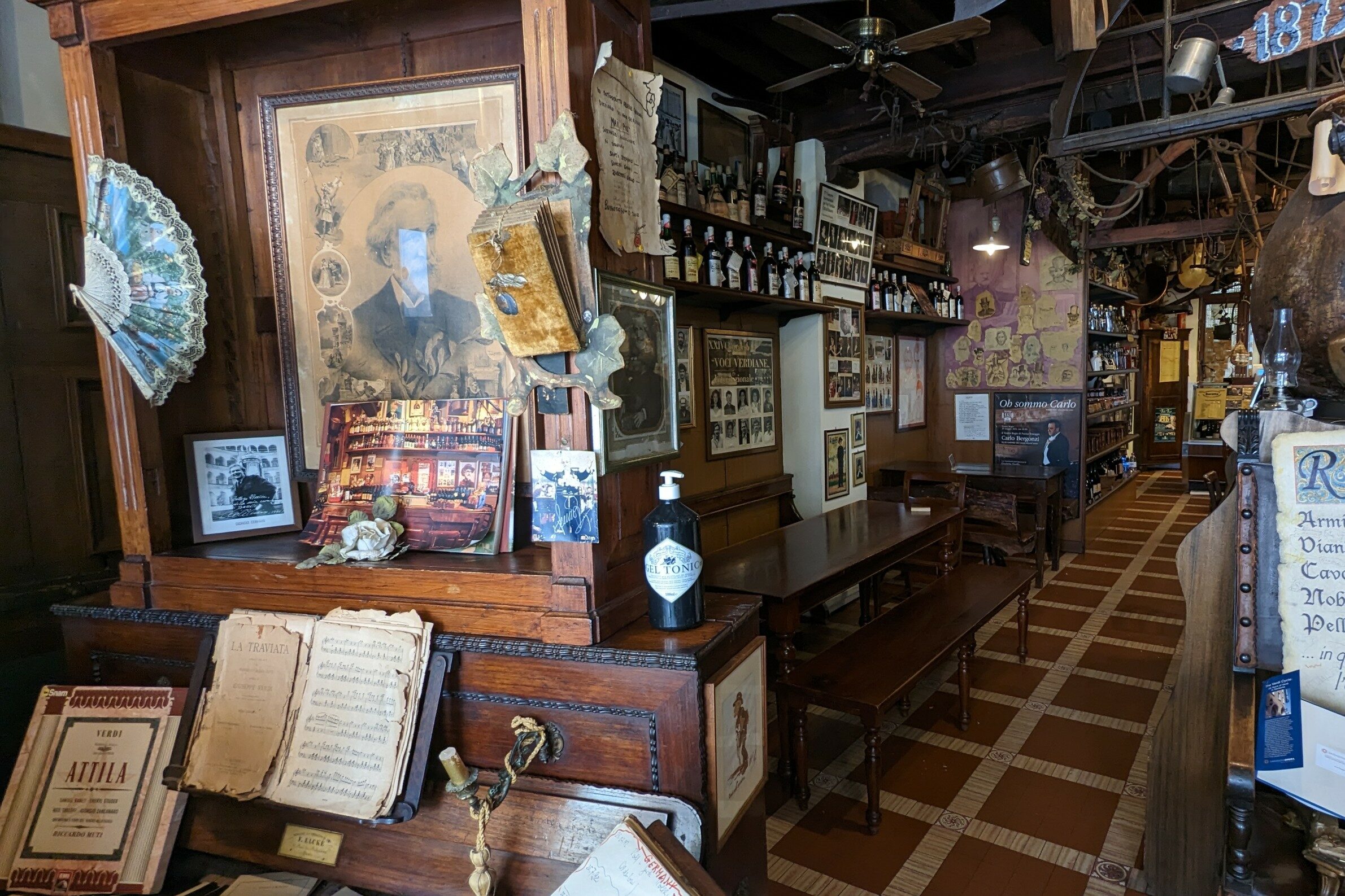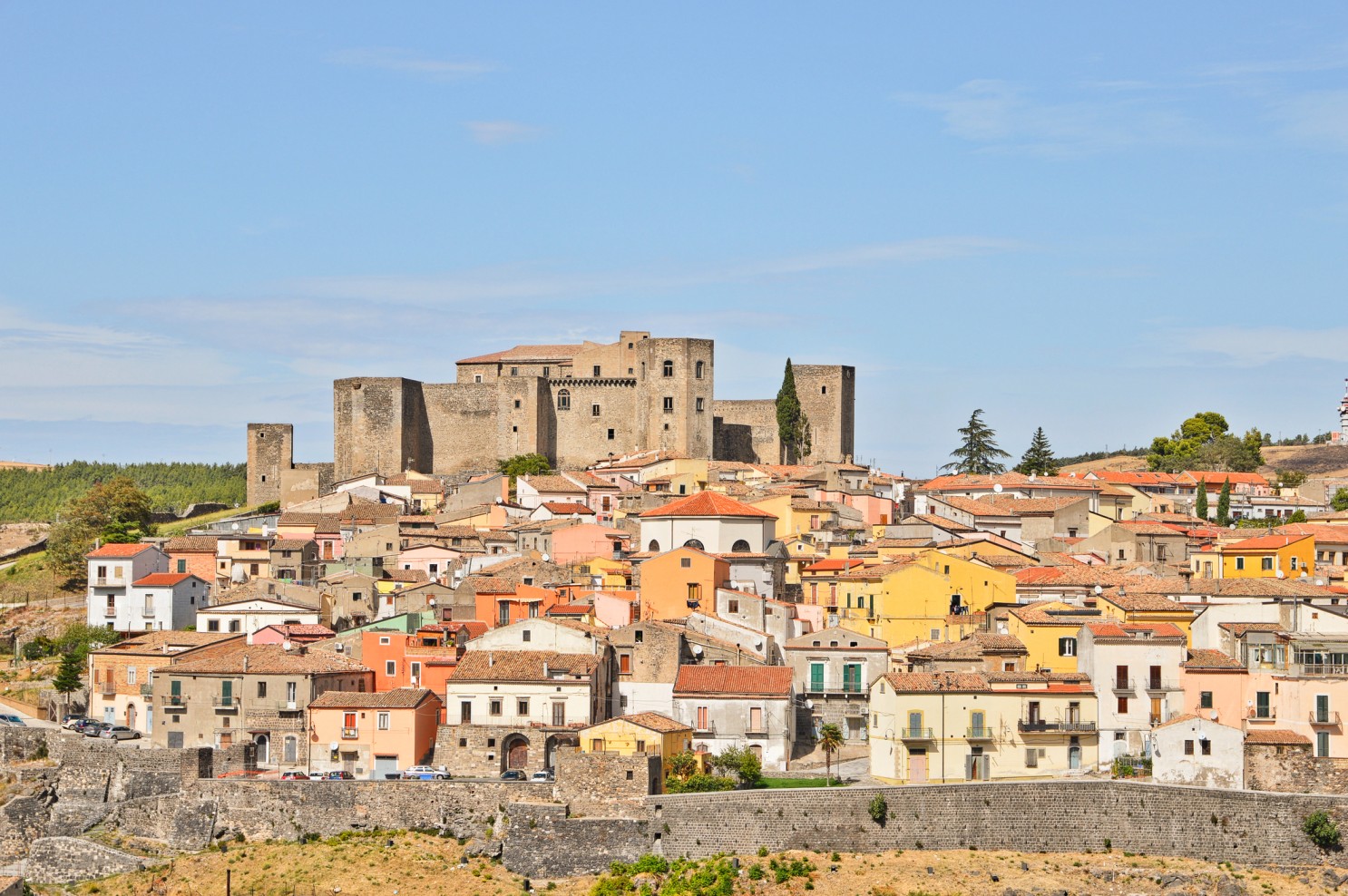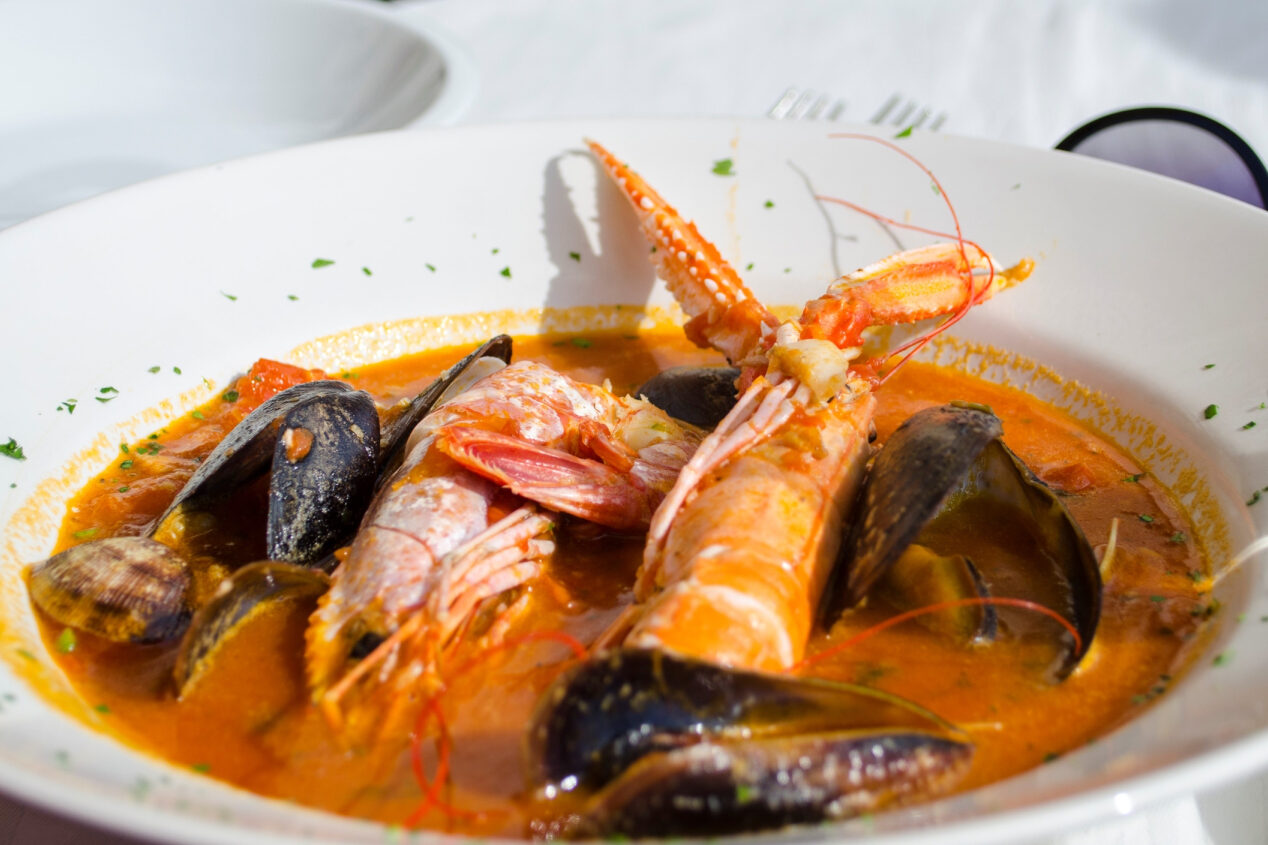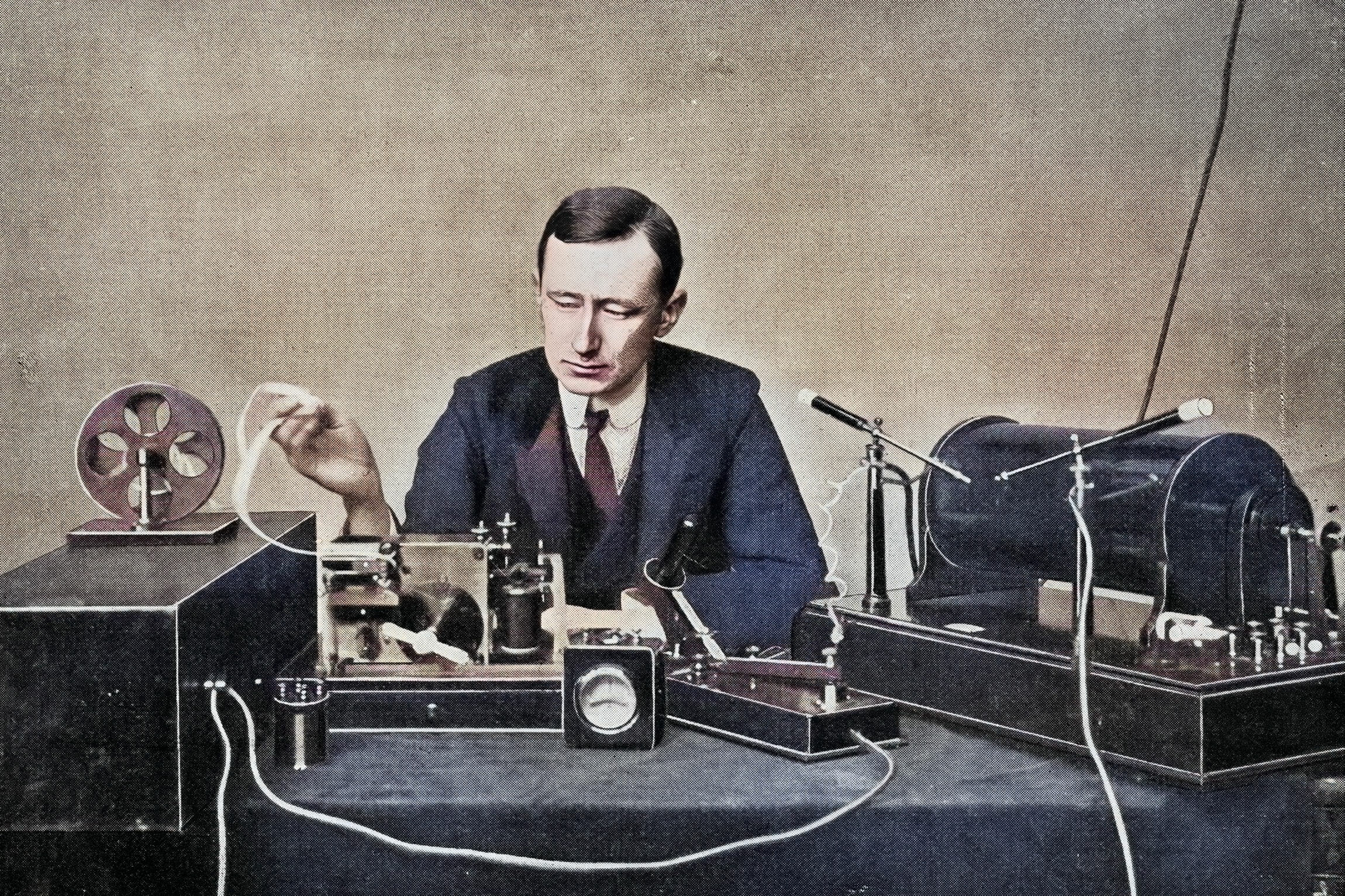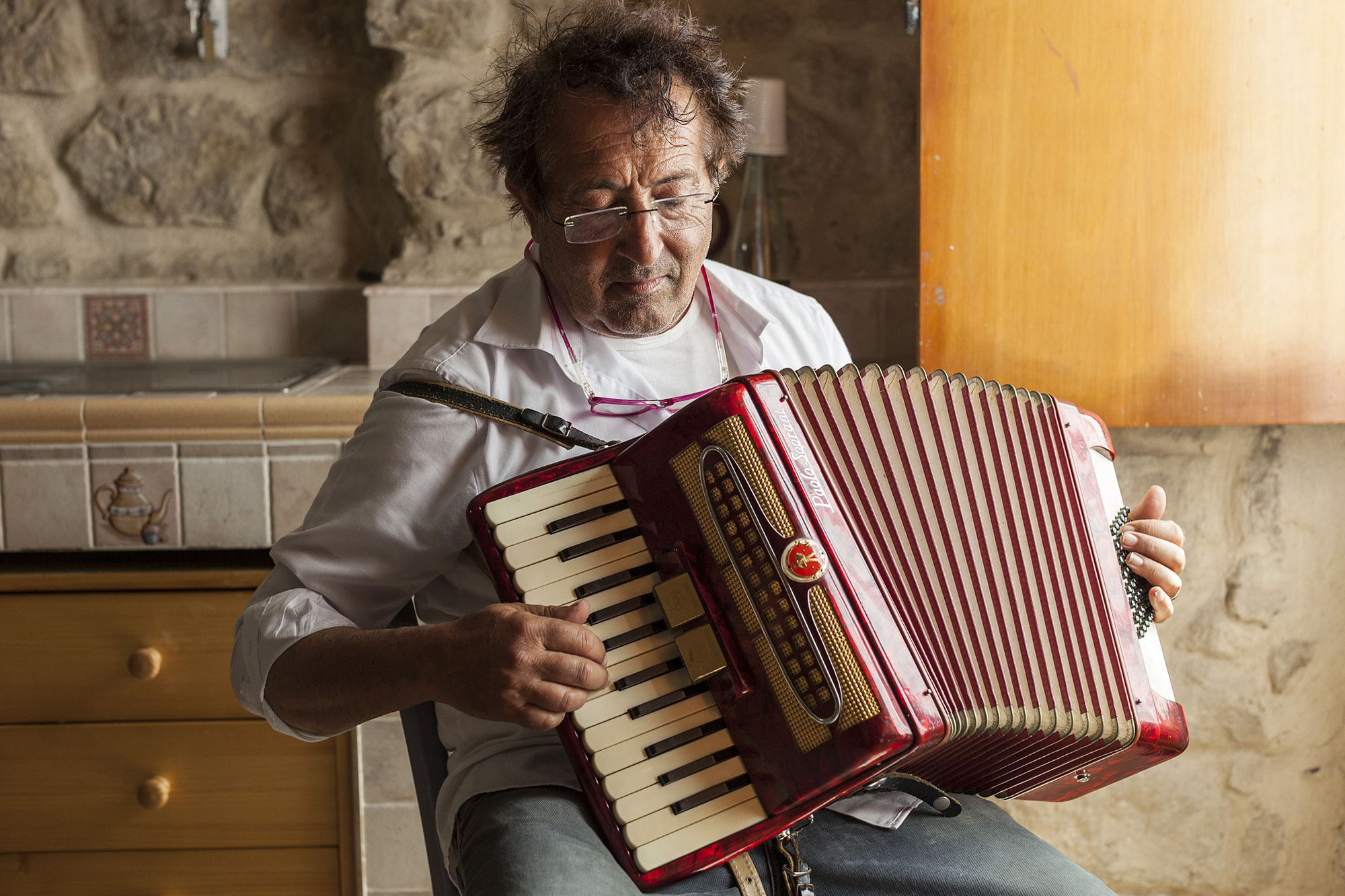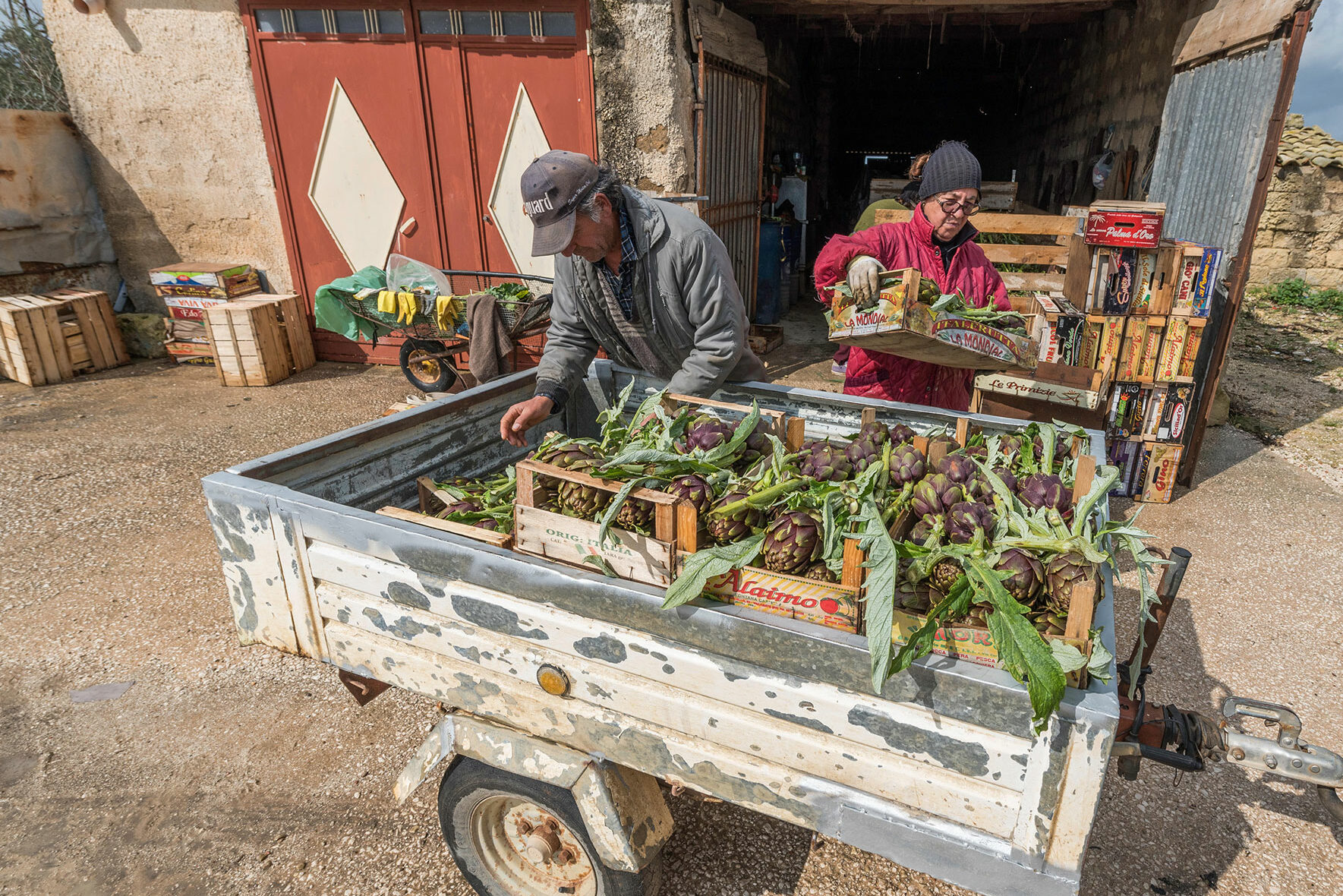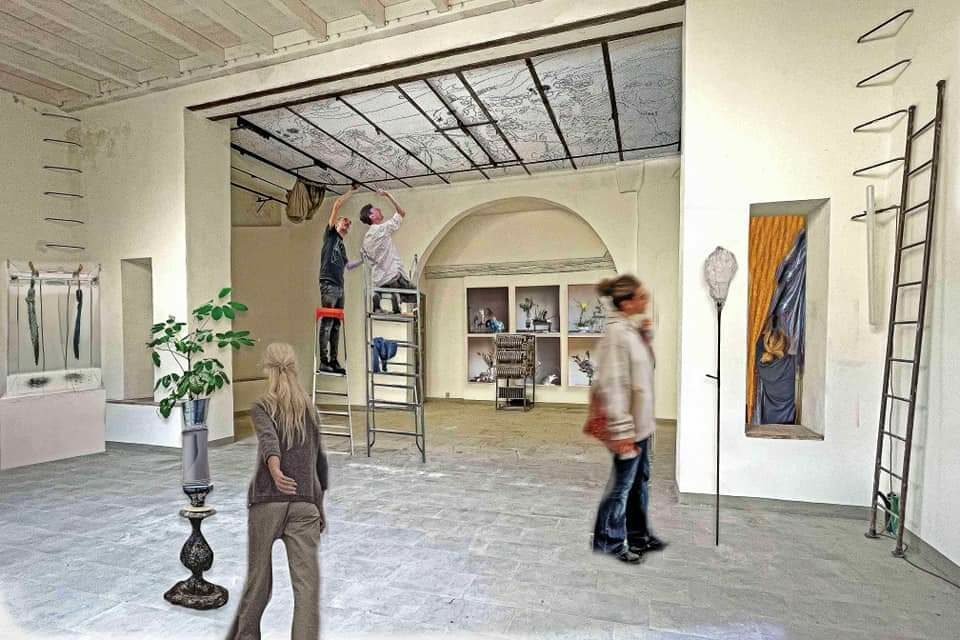Bergoglio, whose great-grandfather was from the northern Italian region of Piedmont, is believed to be close to the Communion and Liberation movement, a doctrinally conservative group founded in the 1960s partly in response to Marxism and other leftist movements.
His predecessors Benedict XVI and John Paul II were supporters of the movement.
One of five children, he is the son of a railway worker. As a student he worked as a bouncer at a nightclub to support himself. He is known to like tango and soccer.
Bergoglio has so far lived in a modest flat, is said to cook his own meals, and gave up a car and driver in favor of public transportation.
Upon being named a cardinal in 2001, he encouraged people not to spend money to celebrate with him in Rome and instead to donate the funds to the poor.
Jorge Mario Bergoglio of Argentina as the 266th Pope
Jorge Mario Bergoglio of Argentina as the 266th Pope
As a cardinal he has been known for personal humility and a commitment to social justice, while his approach tends to stress that proper interpretation and practice of the gospels will ultimately produce such things naturally.
He is known to draw significant crowds in Argentina and is a key figure in the Church in South America. Despite his reputation for conservatism, he has not always approved of the rigidity of the Church on some issues such as sexuality, discouraging discrimination of gays and lesbians. His opposition to leftist Liberation Theology left him vulnerable to largely unfounded allegations of complicity with the dictatorial regime in the 1970s.
During the Holy Year of 2000, he publicly repented for the sins committed in his country during that period.
Bergoglio is a professor of literature and psychology. Born in Buenos Aires on December 17, 1936, he studied and graduated in chemical engineering, but then chose the priesthood and entered the seminary in Villa Devoto. On March 11, 1958 he joined the novitiate of the Society of Jesus, or the Jesuits. After studying humanities in Chile, he returned to Buenos Aires in 1963 and earned a degree in philosophy. He was ordained a priest in December 1969.
In 1973 he was elected provincial of Argentina, a position he held for six years. He is the author of many books.
John Paul II appointed him titular bishop of Auca and Auxiliary of Buenos Aires in May 1992. On June 27 of the same year he was ordained a bishop in the Cathedral of Buenos Aires.




